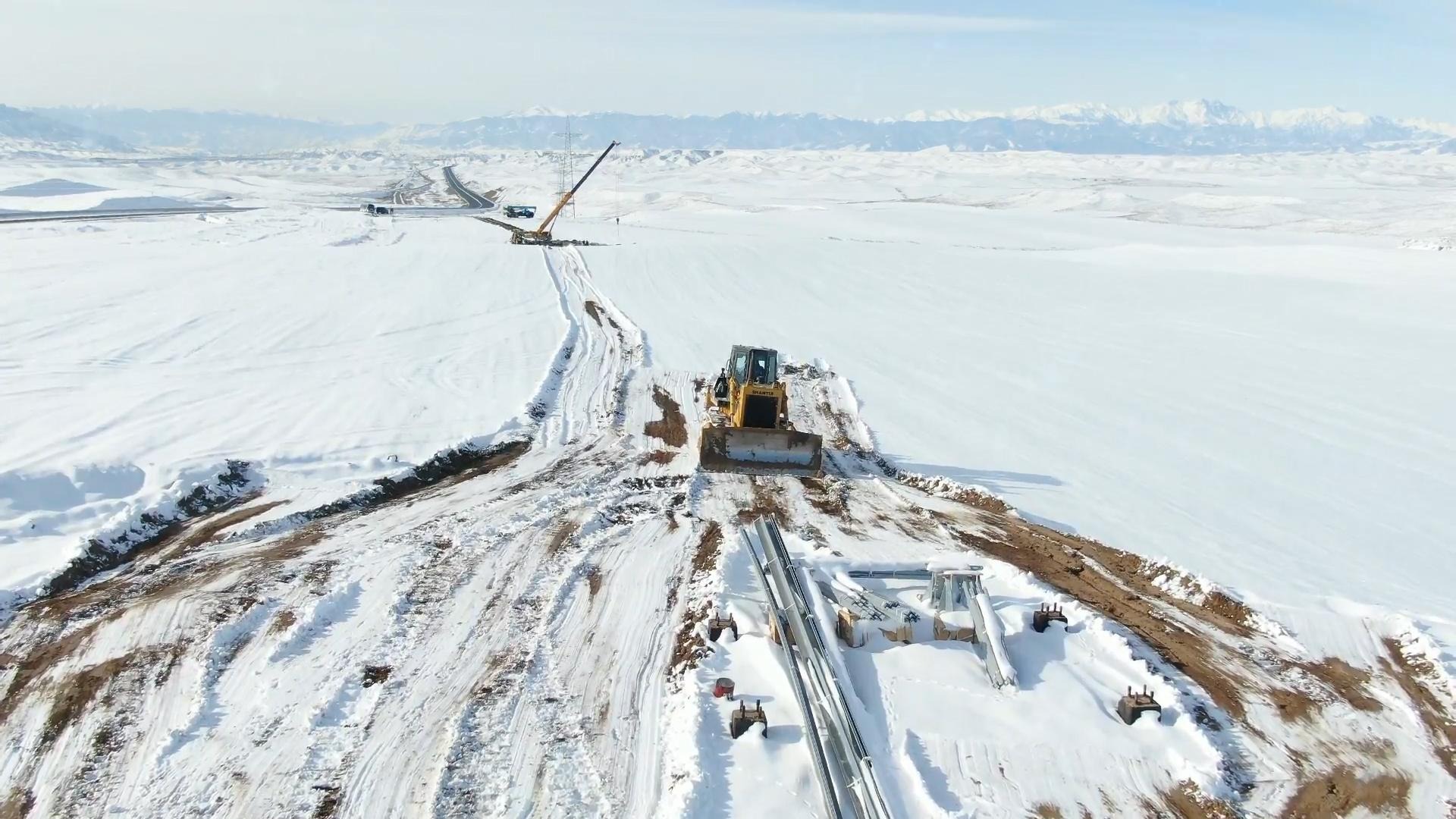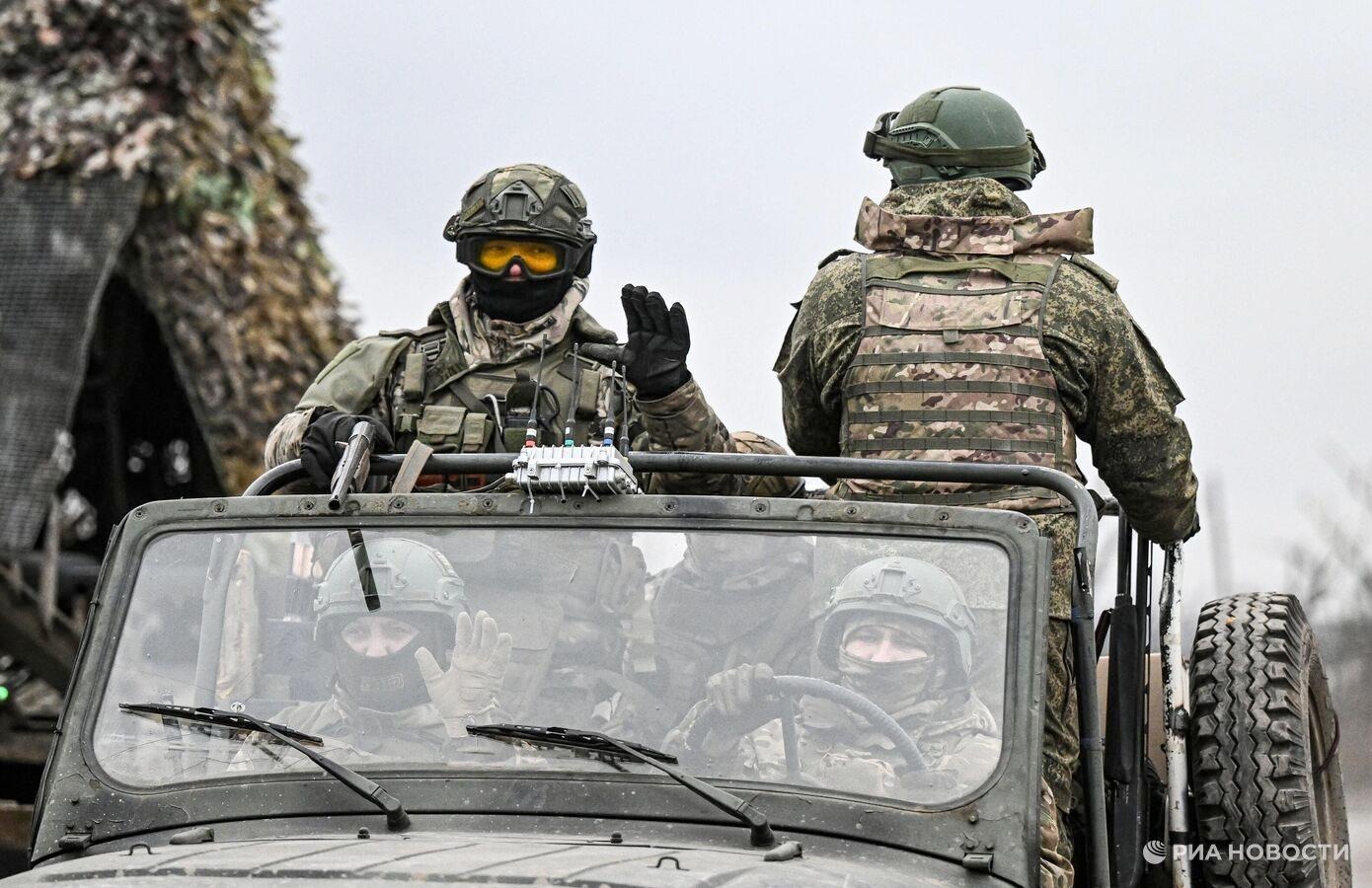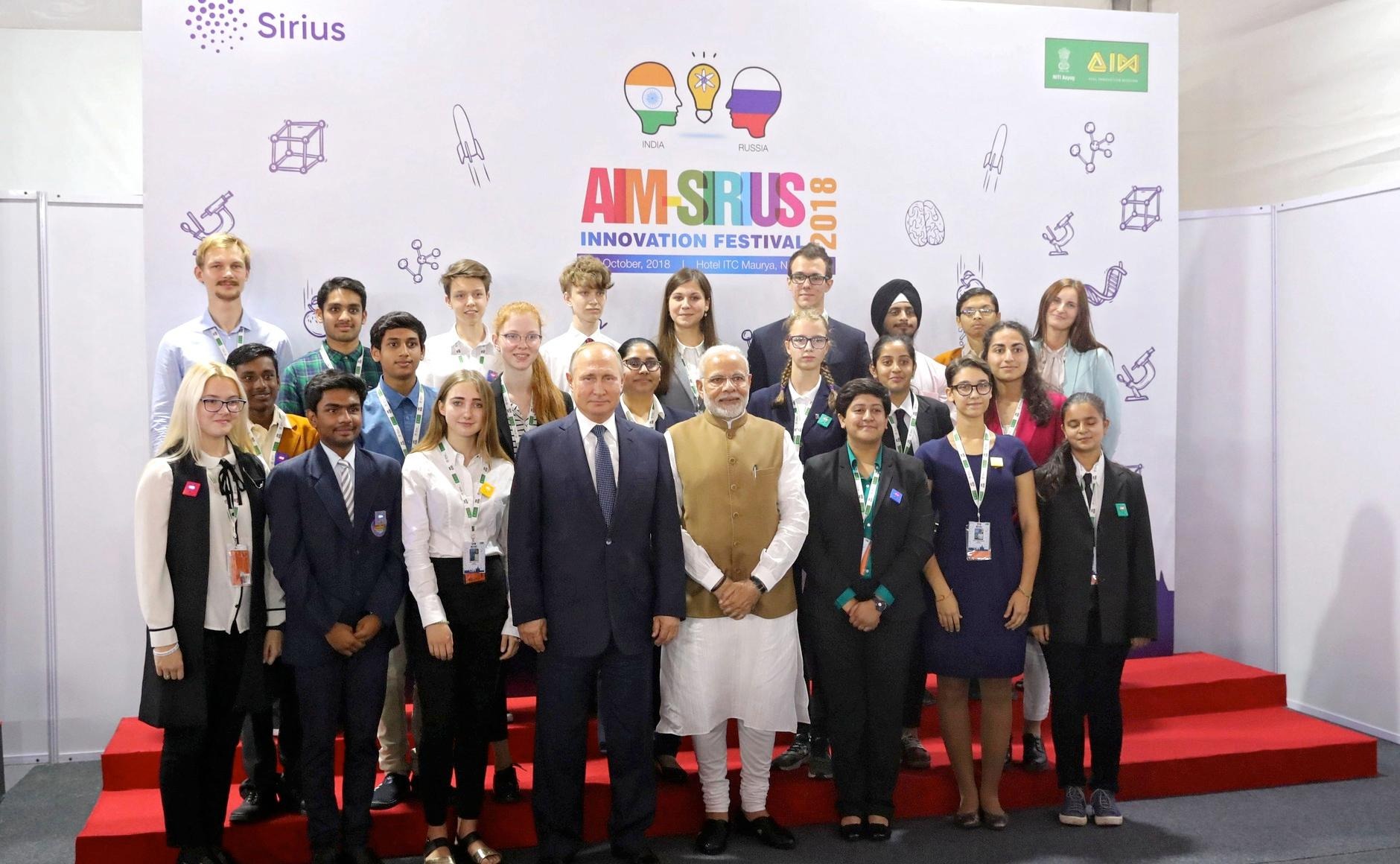THE POST-WAR TRAJECTORY OF RUSSIA-EU NON-PARTNERSHIP
THE POST-WAR TRAJECTORY OF RUSSIA-EU NON-PARTNERSHIP
Very few features of the “five-day war” between Russia and Georgia testify to the proposition that common political sense prevailed over military opportunism: Russian tanks stopped outside Tbilisi; the Russian Navy did not try to blockade Batumi; and the Baku-Tbilisi-Ceyhan pipeline was left undamaged. The list of common-sense victories in the continuing post-war political crisis is even shorter as emotions, old traumas and new ambitions dominate the heated exchanges between Moscow, Washington, and the European capitals. One significant entry in this short list is Russia’s decision not to cancel altogether the negotiations on a new Partnership and Cooperation Agreement, which the EU postponed at its extraordinary summit until all Russian troops were withdrawn from the Georgian territory. Moscow merely expressed regret and emphasized that the EU needed these negotiations as much as Russia (Rossiiskaya gazeta, Vremya novostei, September 2). In diplomatic lingo, it means that Moscow is certain that it is Brussels that really needs the new agreement–and it would have been easy to prove that point, but restraint was exercised giving the Europeans a rare opportunity to save face.
President Dmitry Medvedev and Prime Minister Vladimir Putin concentrated instead on working with neighbors, the former with Tajikistan and Armenia and the latter with Uzbekistan, preparing the ground for a summit of the Collective Security Treaty Organization (RIA-Novosti, www.newsru.com, September 2). Moscow hopes to secure stronger support from its six closest allies (also including Belarus, Kazakhstan, and Kyrgyzstan) than it did from the Shanghai Cooperation Organization last week, even if they would hardly rush to recognize the independence of Abkhazia and South Ossetia (Expert, September 1). Meanwhile, Foreign Minister Sergei Lavrov went to Turkey in order to confirm that disagreements over the war in the Caucasus would have no impact on the political dialogue and massively important bi-lateral economic relations.
This active diplomacy should give Moscow more confidence before the meeting with the high-level EU delegation led by French President Nicolas Sarkozy scheduled for next week; and greater confidence might translate into greater readiness to accept compromises, at least as far as troop withdrawal is concerned. Formal recognition of the two quasi-states has indeed eliminated any need to maintain a “security zone” outside their borders, since Russian troops can now be permanently deployed on their territories in sufficient numbers and under perfectly legal arrangements. The all too obvious political damage from “overstaying” in Poti invites questions about the efficiency of control over the victorious battalions by a Commander-in-Chief who seems to know little about military matters (Nezavisimoe voennoe obozrenie, August 29).
On balance, the awkward “tandem” power-sharing between Putin and Medvedev performed reasonably well in the crisis situation, showing no signs of strain (www.gazeta.ru, September 2). The duumvirs are nearly never seen together, maintaining the pattern of separate meetings and interviews; but they have very deliberately followed the same course, perhaps presuming that a show of unity is more important than minor tactical advantages that could be gained in a “bad Vlad–good Dima” game. Public opinion has shown an extraordinarily high level of support for the determined policy of punishing Georgia, with only 35 percent of respondents expecting that tension with the West would escalate and 48 percent confident that the two sides would return to “business-as-usual” (www.levada.ru, August 27).
This remarkable confidence cannot be explained away as just a product of jingoist propaganda but might reflect wide-spread assurance of Russia’s new strength vis-à-vis the West. Indeed, it was exactly 10 years ago that Russia defaulted on its financial obligations; but now it is a creditor holding some $65 billion of the colossal U.S. state debt, a modest sum but one that makes a big psychological difference (Vzglyad, September 1). It also opens a whole new range of “asymmetric responses” for the Kremlin, such as dumping its shares in Fannie Mae and Freddie Mac on the market and thus sealing the fate of these troubled mortgage giants, perhaps coordinating the kill with the Chinese (Nezavisimaya gazeta, September 2).
In Europe, Russia has even more economic levers to apply, and in fact it does not at all need to touch the proverbial gas valve to deliver its assertive message. Besides importing energy from Russia, the EU is crucially dependent upon exports to this growing market; and any shift toward Chinese or Indian producers threatens to push its manufacturing sector into recession. Minor quarrels about Polish beef or timber to Finland indicate that European states are awakening to this deepening dependency but have no answer to the massive exposure of their business interests to the risks of Kremlin economic policy, which often is selective and vindictive. The war in the Caucasus did cause a drop on the Russian stock exchange as foreign investors rushed away, but Putin has good reasons for expressing confidence in the continuing inflow of capital (www.rbc.ru, September 2). European companies have invested heavily in Russian industries, and now they have to raise their stakes in order to ensure the continuation of the spectacular nine-year period of growth.
The disjointed appeals for sanctions are therefore causing more vexation in business headquarters in Frankfurt and London than among the Russian political elite, which has become Westernized in style and anti-Western in substance. The EU cannot have any other strategy for Russia than engagement, and it is profoundly at a loss about its declining ability to dictate the rules of this engagement (Ezhednevny zhurnal, September 2). There are concerns in Moscow that a force majeure situation necessitated a step too far and too early, but there are hardly any doubts about the direction. Russia welcomes the dawn of an era of new multi-polarity, expecting to score more wins in the power-plays unrestrained by any global “sheriffs.” Putin’s regime would certainly feel more comfortable without the irritating examinations of its democratic credentials, and it is this non-transparent and unaccountable over-concentration of authority that is certain to remain Russia’s main vulnerability.


